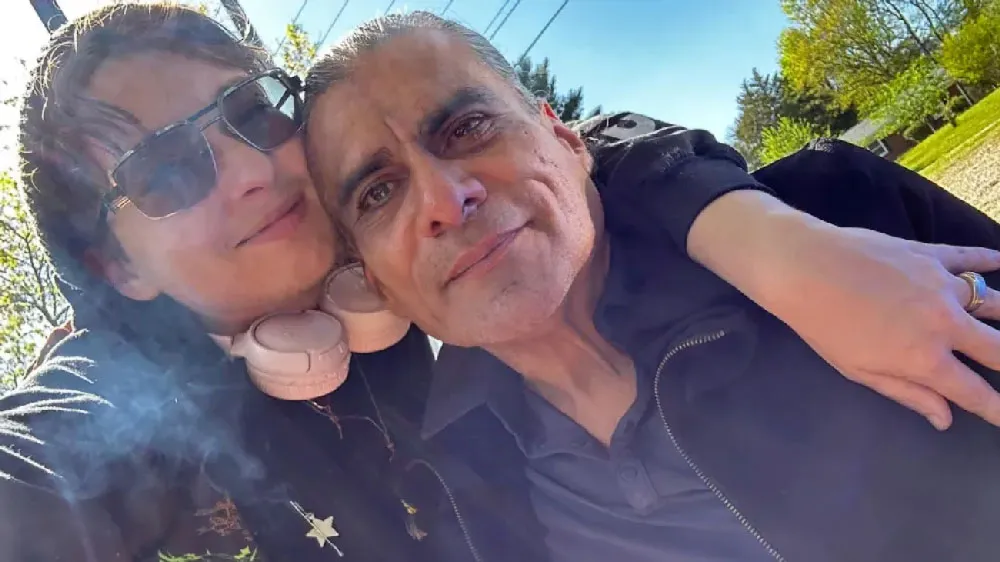August 25, 2014
Gender Matters as 2 Women Top Wis. Democratic Ticket
Jason St. Amand READ TIME: 3 MIN.
Democrat Mary Burke is the first woman to win a major party nomination for Wisconsin governor, but you wouldn't know that from her campaign, in which she rarely strays from her main message: job creation.
Susan Happ, who is running for the second-most powerful statewide office in Wisconsin, has taken a much different approach. She's as likely to talk about women's access to health care as conviction rates as she vies for attorney general, a position she considers an advocate for citizens as well as the state's top cop.
The two Democrats hold similar views on abortion rights, gay marriage and the environment. The differences in their campaigns reflect the dynamics of their races, as Burke seeks to win crucial swing voters in a close contest with Republican Gov. Scott Walker and Happ looks to distinguish herself from an opponent with a similar background, political experts say. But regardless of whether the candidates talk about women's issues, gender is a factor in the November election.
Walker has faced criticism for policies that Democrats and organizations like Planned Parenthood say are hostile to women - including signing a bill requiring abortion clinic doctors to have admitting privileges at nearby hospitals; supporting a bill that would have exempted religious organizations from Wisconsin's requirement that employer health insurance plans cover contraceptives; and refusing to expand Medicaid.
Emily's List, which works to elect Democratic women who support abortion rights, has endorsed Burke and Happ, and President Stephanie Schriock said she expects "some pretty significant involvement" in the governor's race. The group spent $3.5 million to help elect Sen. Tammy Baldwin in 2012.
A male candidate wouldn't receive that kind of support, which could be critical in helping Burke counter the "very deep set of pockets" available to Walker, said Richard Matland, a political scientist and visiting scholar at University of Wisconsin-Madison. Walker has raised $18.7 million since his recall election victory in July 2012; Burke has raised $6 million since announcing her candidacy in October.
But Matland cautioned that while Democrats like to say Walker has "a woman problem," Burke has "a man problem." Men who might once have voted Democratic as part of labor unions gravitated in recent decades to the GOP, he said.
Recent polls have shown that while Burke leads Walker among women, he leads her among male voters.
"She might be concerned as being seen as too liberal, and then an effective counter message is she ran a business, did very well, knows how to make tough decisions," Matland said.
Meanwhile, protecting women's access to health care is a main theme of Happ's campaign.
"As a mother who nearly died in childbirth, I know how personal those decisions are, and that those decisions must be made by women in consultation with their family, their physician and their faith," she said at a recent news conference. "And we have seen a war on women. It has to stop."
Her remarks could help "whip up the base" in an election that may hinge on which party pulls more voters to the polls, Beloit College political scientist Georgia Duerst-Lahti said. They also help distinguish Happ from Republican Brad Schimel, who has a similar crime-fighting background as a county prosecutor.
Peg Lautenschlager, the only woman to serve as state attorney general, said she made decisions in office that her male successor, Republican J.B. Van Hollen, may not have. She pointed to a 2003 advisory opinion in which she said companies should offer contraceptive coverage in their health care plans. Judges later cited her opinion in orders for companies to do just that.
"The gender is interesting," said Happ, who got 52 percent of the vote in a primary against two men. "I think women are saying, 'Listen, we want more representation in our elected officials.' Because we are woefully underrepresented."
Win or lose, having Burke and Happ on the same ticket is significant in a state where no woman has held the top office, only one has been attorney general and Baldwin is the first female U.S. senator. Three women have served in the largely powerless office of lieutenant governor, including Republican incumbent Rebecca Kleefisch.
When women hold the top spot, Duerst-Lahti said, "there's a role model effect, it opens the door for other women to move up easier and faster, and regardless of anything else, we have not had that in Wisconsin."


